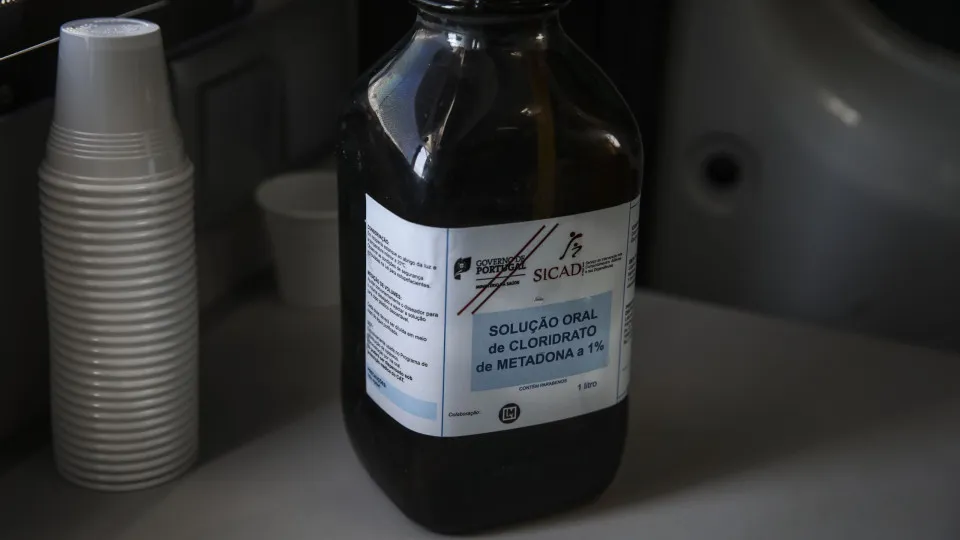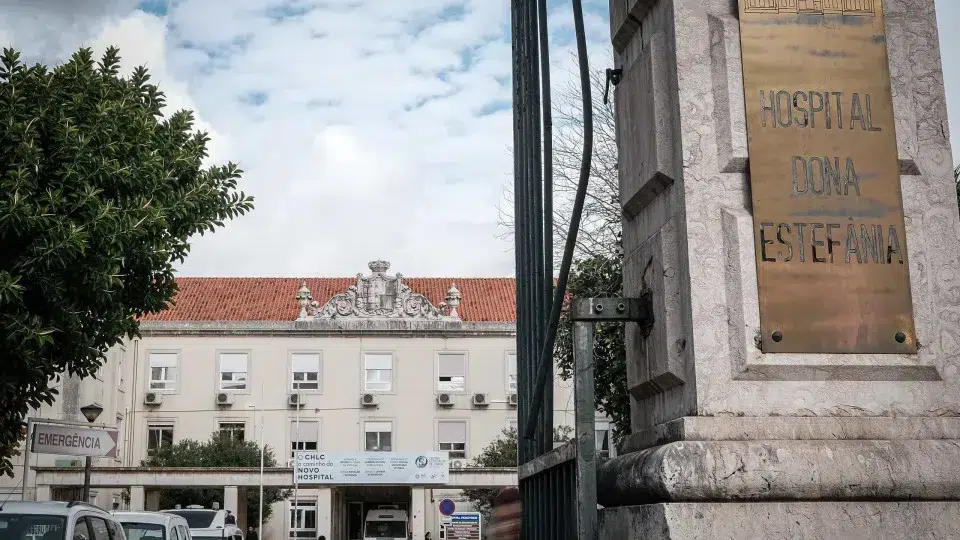
The protocol is being signed as part of the Methadone Hydrochloride Treatment Programs in Community Pharmacies, aiming to expand access to treatment for individuals with opioid dependence by including pharmacies as controlled dispensing locations and providing therapeutic support.
In a statement, João Goulão, president of ICAD, noted that the model will offer “greater convenience” to patients due to the proximity provided by pharmacies.
“Instead of having to visit specific units daily to take their doses, they can now go to the pharmacy near their residence or workplace, which interferes much less with their daily routines,” said João Goulão.
Ema Paulino, president of the National Association of Pharmacies (ANF), stated that the goal is to increase methadone accessibility, particularly in areas where treatment centers are under higher pressure.
She emphasized that the reach and expertise of pharmacy teams allow for extended hours and secure support, aiding the social reintegration of the population undergoing treatment.
Ema Paulino mentioned that the model will start in areas identified by ICAD as priorities and is expected to commence later this year, with a gradual nationwide expansion by 2026.
According to Paulino, pharmacies will follow guidelines from the Order of Pharmacists, ensuring the teams are trained and only pharmacies with qualified professionals will participate in the program.
ICAD president explained that methadone is mainly prescribed in ICAD’s drug addiction treatment units, complemented by administration conducted by non-governmental organizations under the supervision of the Institute for Addictive Behaviors and Dependencies.
Mobile units, known as methadone vans, also operate in urban areas to ensure daily doses for patients with greater mobility challenges.
Previously, methadone was distributed in pharmacies but was halted in 2012 during the Troika intervention.
The protocol signing event, involving ICAD, ANF, and the Portuguese Pharmacies Association (AFP), will include the presence of the Secretary of State for Health, Ana Povo. Her attendance, according to ICAD, “underlines the strategic significance of this measure in enhancing the national response regarding addictive behaviors and dependencies.”
“The session will also have representatives from Infarmed — National Authority of Medicines and Health Products, and the Order of Pharmacists, reinforcing the necessary interinstitutional alignment for the safe, effective, and coordinated implementation of this new care model,” stated ICAD in a release.
According to ICAD’s latest Annual Report on the State of the Country in Drug and Drug Addiction Issues, 11,501 patients were enrolled in methadone therapeutic programs in 2023.




